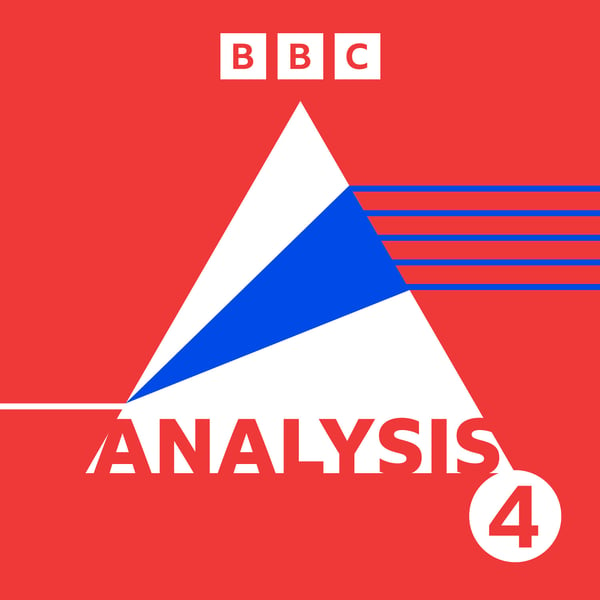Making Invisibles Visible
Analysis
BBC
4.6 • 1K Ratings
🗓️ 15 June 2015
⏱️ 28 minutes
🧾️ Download transcript
Summary
The UK is the world's second largest exporter of services - and has been for some time. The surplus generated by these "invisibles" - everything from banking to public relations to whizzy new phone apps - helps balance the country's stubbornly high deficit in "visibles" or things.
Yet politicians talk continually about the need to rebalance the economy away from services. Linda Yueh finds this puzzling. As with other advanced economies, services comprise a very large proportion of our output - around three-quarters of the economy - and yet we spend a great deal of time worrying about a far smaller and long declining part of it: manufacturing.
It is understandable to want to reduce our deficit in goods, says Linda. But while we try to do that, she argues, we should also try to understand more about the reasons for our success in services - and how to maintain and augment it. In this edition of "Analysis", she finds out why it is difficult to make invisibles visible and why it is important for our future growth and wealth that we do.
Along the way, she discovers how innovation in services is distinctive, why services firms invest heavily in their staff and why the popular enthusiasm for bashing bankers is misguided. We have to start loving the people we hate, Linda argues. And by making the invisible sector more visible, she says, we can make that process easier and more credible.
Producer: Simon Coates.
Transcript
Click on a timestamp to play from that location
| 0:00.0 | Thanks for downloading analysis. |
| 0:02.0 | We've long been pursuing the BBC's chief business correspondent Linda U |
| 0:06.0 | to present an edition of the programme, |
| 0:08.0 | and just as she's left the corporation to return to academia, |
| 0:12.0 | we got her. So here's Linda with a provocative proposition about |
| 0:16.0 | the British economy. |
| 0:18.0 | Let's start with three rather surprising statements about the UK economy. |
| 0:23.0 | We're now talking about something which is perhaps 80% of GDP. |
| 0:28.0 | If we were going back to 100 years ago, |
| 0:31.0 | we'd probably be talking about a little under half of GDP. |
| 0:35.5 | The UK has amazingly held on to this second in the world in terms of exports for a long time, |
| 0:41.0 | so it seems like a sustained advantage. |
| 0:43.0 | We've had a surplus in trade since the mid-19th century at least and probably before. |
| 0:50.0 | That's Britain's economy in a parallel universe, growing vigorously exporting strongly, exporting so well that the UK |
| 0:59.3 | is second only to the United States in the world. But I must admit I've played a trick on you to make a point. |
| 1:07.0 | With some radio sleight of hand, we've taken out one word from each of those statements and that word is services. |
| 1:16.0 | This is the great invisible part of the economy that we should make visible. |
| 1:21.0 | Services like banking, consultancy, law, education and retail help |
| 1:28.7 | make up the biggest part of our economy. But it's output that's often invisible or intangible and so very hard |
| 1:37.1 | to measure. Perhaps because it's right in front of us and has been for a long time, it's overlooked. |
| 1:44.0 | If we think of the size of the service sector in the British economy over time, it's got |
| 1:49.4 | larger. We're now talking about something which is perhaps 80% of GDP. |
... |
Please login to see the full transcript.
Disclaimer: The podcast and artwork embedded on this page are from BBC, and are the property of its owner and not affiliated with or endorsed by Tapesearch.
Generated transcripts are the property of BBC and are distributed freely under the Fair Use doctrine. Transcripts generated by Tapesearch are not guaranteed to be accurate.
Copyright © Tapesearch 2025.

